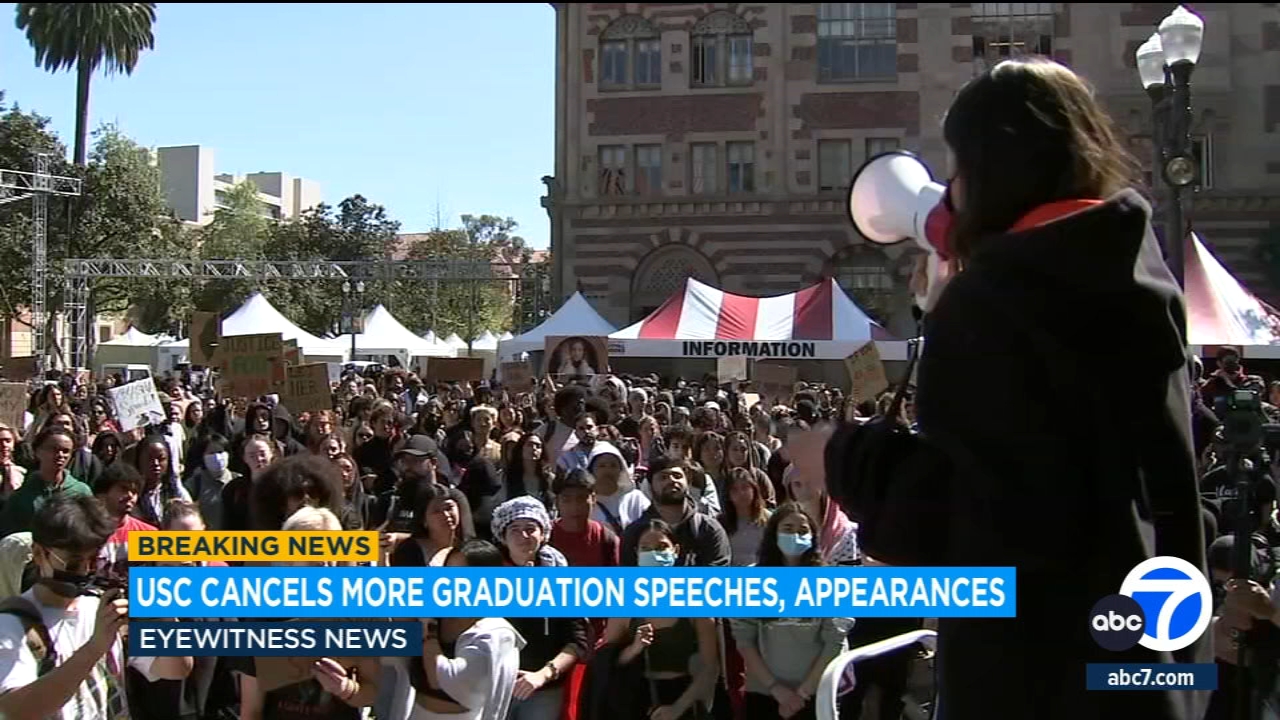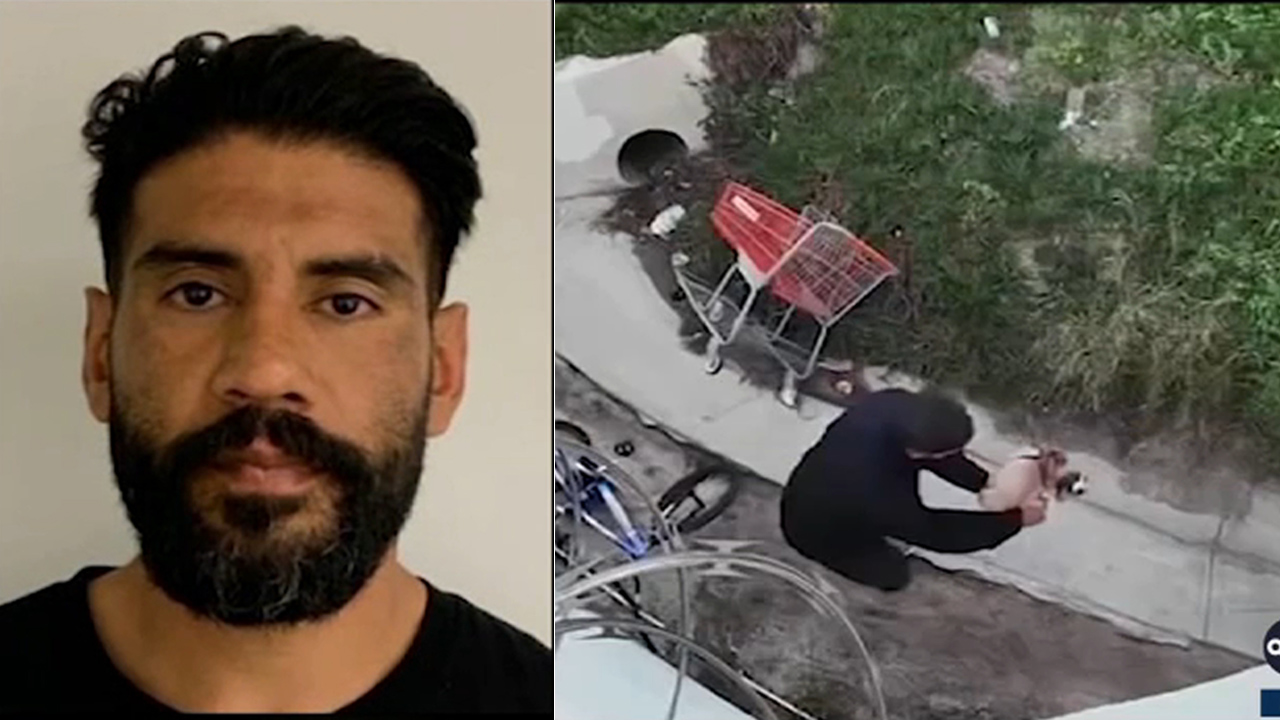Impulse shopping explained: Reasons behind stress buying, strategies to help us save

There's a lot of stress, pressure and deadlines that come with filling out your holiday gift list. And that can trigger some purchases that might be a little impulsive. Why do we buy things we might not really need - or want?
Experts break down the different types of stress buying and the strategies to help us save.
Tucked away in the Village at Westfield Topanga is a treasure trove for bargain luxury lovers.
"My name is Olivia Elliott and I'm the general manager here at our luxury consignment store," said Elliott.
The Closet Trading Company helps people who find they don't need all their high-end goods.
They bring in their Louis Vuitton bags, Christian Louboutin heels, Gucci wallets and Chanel accessories.
All this fabulous inventory comes from shoppers who might not have thought through many of their purchases.
"They'll go to major department stores and impulse buy and end up spending a bunch of money," Elliott said.
Licensed marriage and family therapist Kati Morton, author of "Are You Okay?" says the holidays are a big trigger.
"When we are a compulsive buyer or spender, it gets in the way of our ability to function in our life meaning we might not be able to pay our bills or we have a storage space where we hide all our purchases," Morton said. "Emotional spending is when you buy something to make ourselves feel better."
"Most of what we have here is in mint condition. Some have tags. A lot of the inventory that we have on the floor like our sweaters, tops and dresses are brand new with tags," Elliott said.
"Impulse buying is like not thinking. You click to buy. Put it in the basket and boom, I'm done," Morton said.
Morton said the solution is to make a holiday budget and stick to it. Also, wait 24 hours before you buy anything.
"We encourage them to go home and think about it. We can put items on hold here," Elliott said.
Keep the tags on so you can return. And Morton added if you can spread out your buying and maybe give some gifts in January, it would help.
"Don't be afraid to buy second hand or make something. I don't think we need to buy gifts. Not everybody needs another thing. We should spend time with those we love. and don't be afraid to buy second hand," Morton said.
But there is a positive side to retail therapy. A lot of bonding can happen over bargain hunting.
"I see many mothers, daughters and friends come in here and sometimes they buy things for each other," Elliott said.









